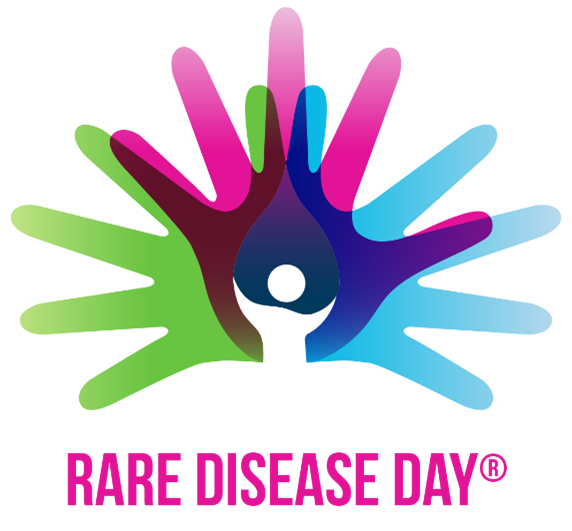As part of the global observance of Rare Disease Day the National Center for Advancing Translational Sciences (NCATS) and the NIH Clinical Center sponsored Rare Disease Day at NIH 2024. The annual event brought together patients, patient advocates, caregivers, health care providers, researchers, trainees, students, industry representatives, and government staff to raise awareness about rare disease, the people they affect, and NIH collaborations that address scientific challenges and advance research for new treatments. UBC’s Director of Patient and Physician Services, Marita Lynott, had the opportunity to attend the event held on 29 February 2024 in Bethesda, MD and shared her perspective on the impact and value of the content discussed.

It was inspiring to be a participant at Rare Disease Day at NIH 2024. The event serves as a beacon of hope, igniting passion and fostering collaboration among researchers, patients, and advocates dedicated to rare disease research. With over 300 million people worldwide living with a rare disease, most of which are children, the need to understand and diagnose these illnesses remains a priority. To date there are over 7,000 identified rare diseases but fewer than 500 have approved treatments.
Of all the topics covered throughout the day, the Artificial Intelligence (AI) and Its Potential Role in Rare Diseases session was of particular interest to me. Experts shared how AI can play a role in disease diagnosis, shortening the time to diagnosis, and accelerate paths to treatment. By ensuring input data is AI-ready, it can generate models to:
- Predict effect of treatments
- Improve diagnosis
- Generate new hypotheses
- Enhance treatment discovery
- Match patients to right treatment
The atmosphere was filled with enthusiasm and determination as experts convened to share their insights and breakthroughs. It was moving to see the relentless dedication to uncovering solutions for diseases that affect a small percentage of the population.
Rare Disease Day at NIH underscored the importance of empathy and collaboration. The journey towards combating rare diseases is fraught with challenges, but it is also illuminated by the unwavering dedication of countless individuals and the transformative power of scientific innovation. The takeaway message of the day was that no disease should be too rare to merit attention, research, and ultimately, a cure.
Surge in Research for Rare Diseases
Since the Orphan Drug Act was signed into law in 1983, the number of orphan drug designation requests has increased from just 16 to over 700 each year. With more and more cell and gene therapies in the pipeline, a focus on precision medicine, and greater attention to advocacy and the patient voice, patients with rare diseases have more hope than ever before.
ABOUT UBC:
United BioSource LLC (UBC) is the leading provider of evidence development solutions with expertise in uniting evidence and access. UBC helps biopharma mitigate risk, address product hurdles, and demonstrate safety, efficacy, and value under real-world conditions. UBC recognizes that patients are central to the development of needed therapeutics, and this is especially important in rare diseases. To honor the patient, UBC helps sponsors plan for enrollment and retention challenges in rare disease research, think about evidence generation for novel cellular and gene therapies with the patient in mind, and expand diversity in studies so that research is performed in a population that is representative of those who will ultimately use the medical product.
ABOUT THE AUTHOR:

Marita Lynott is Director of Patient and Physician Services at UBC. She offers strategic guidance for patient recruitment operations spanning clinical trials, registries, surveys, safety studies, and qualitative research initiatives.
Get in touch with us HERE.







